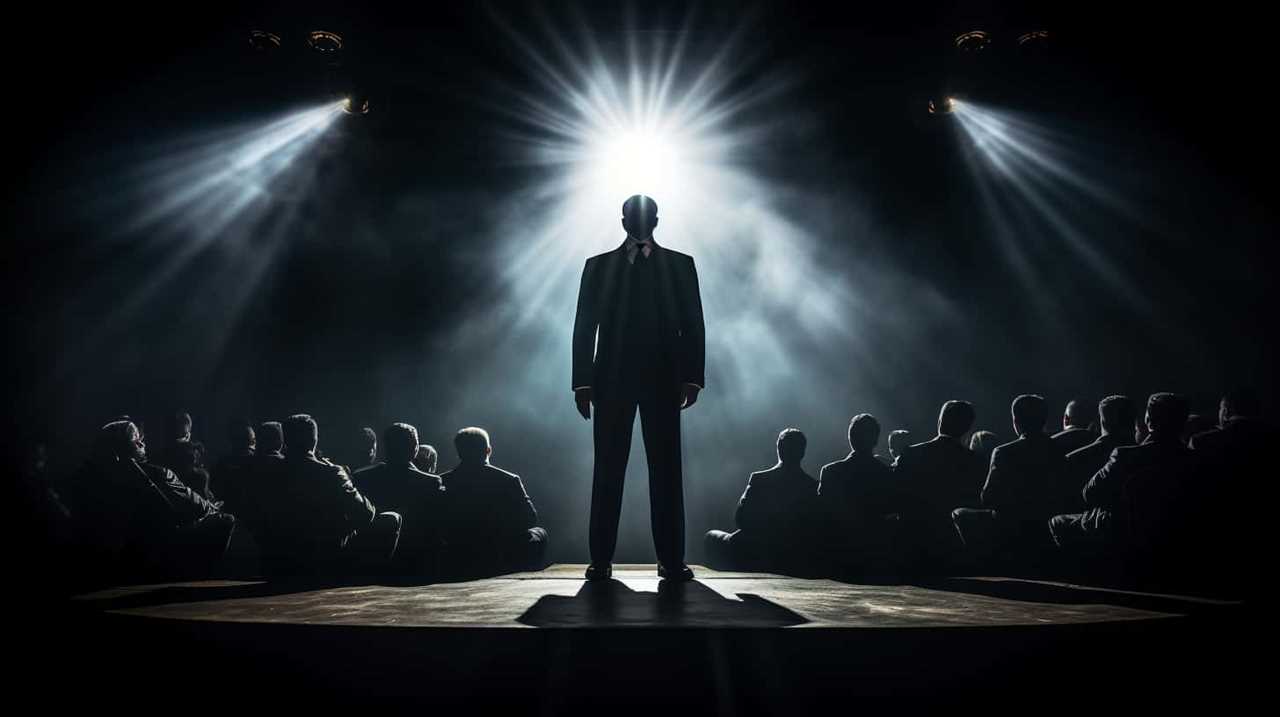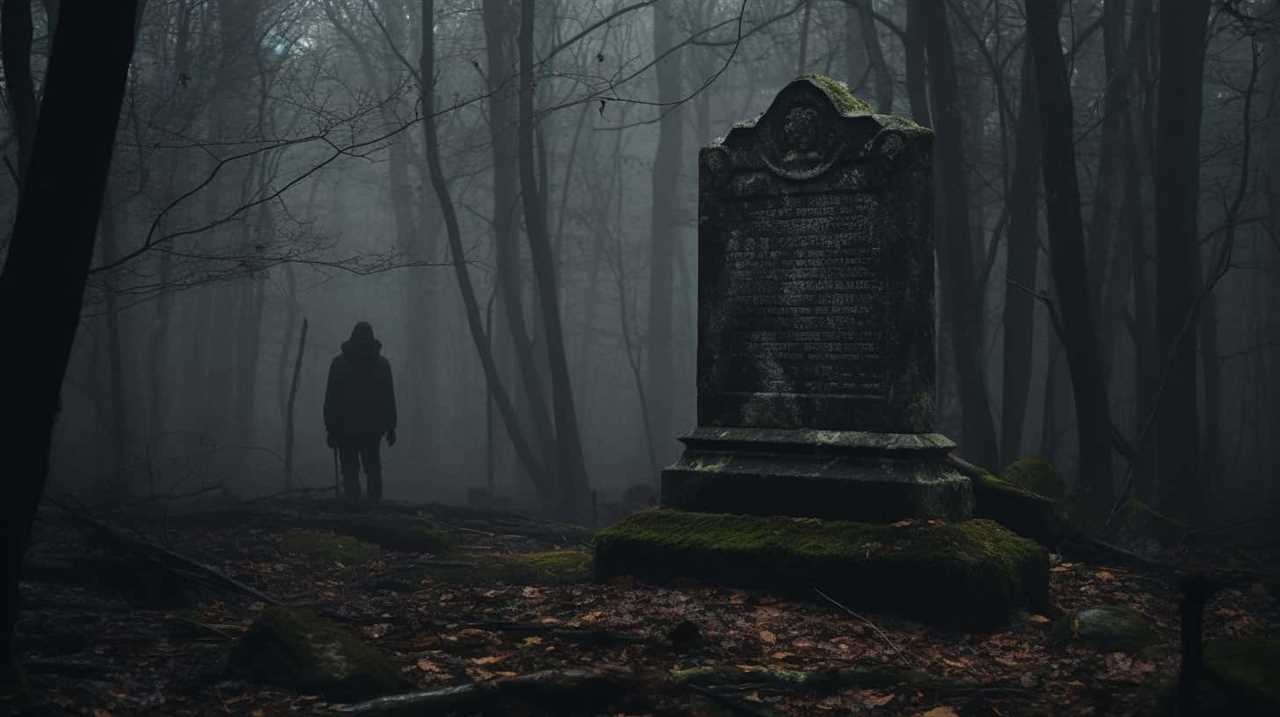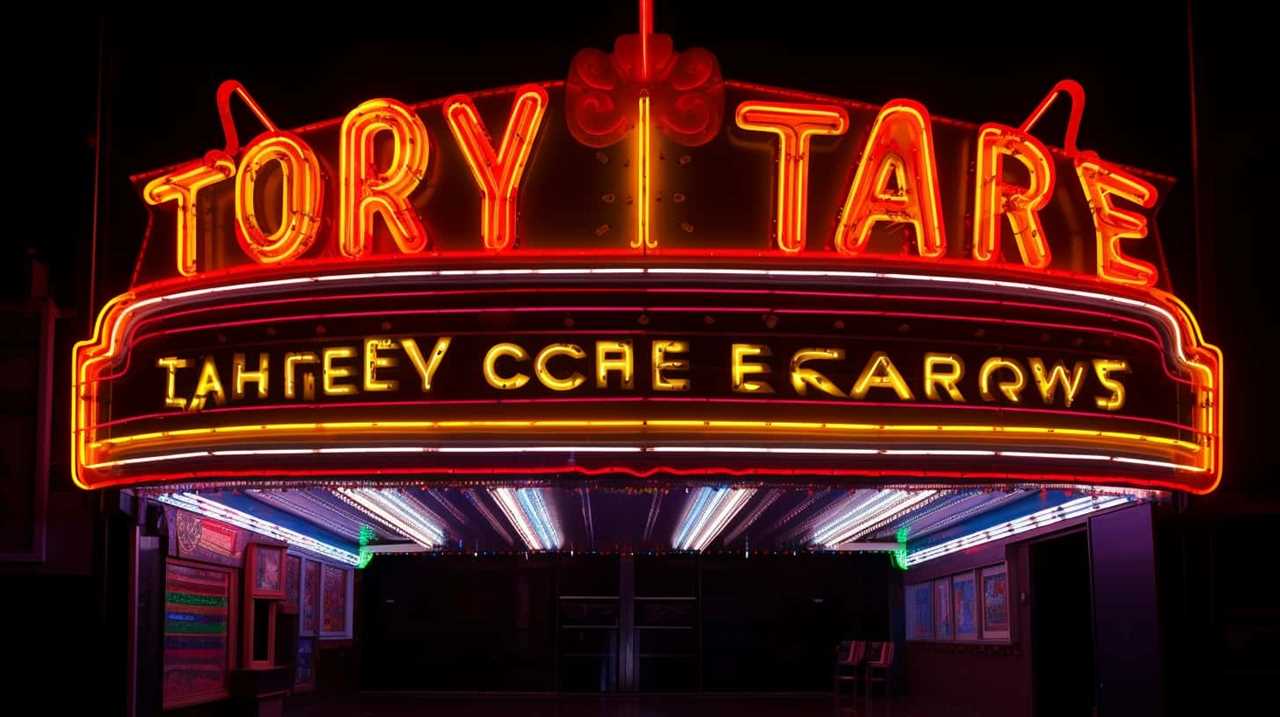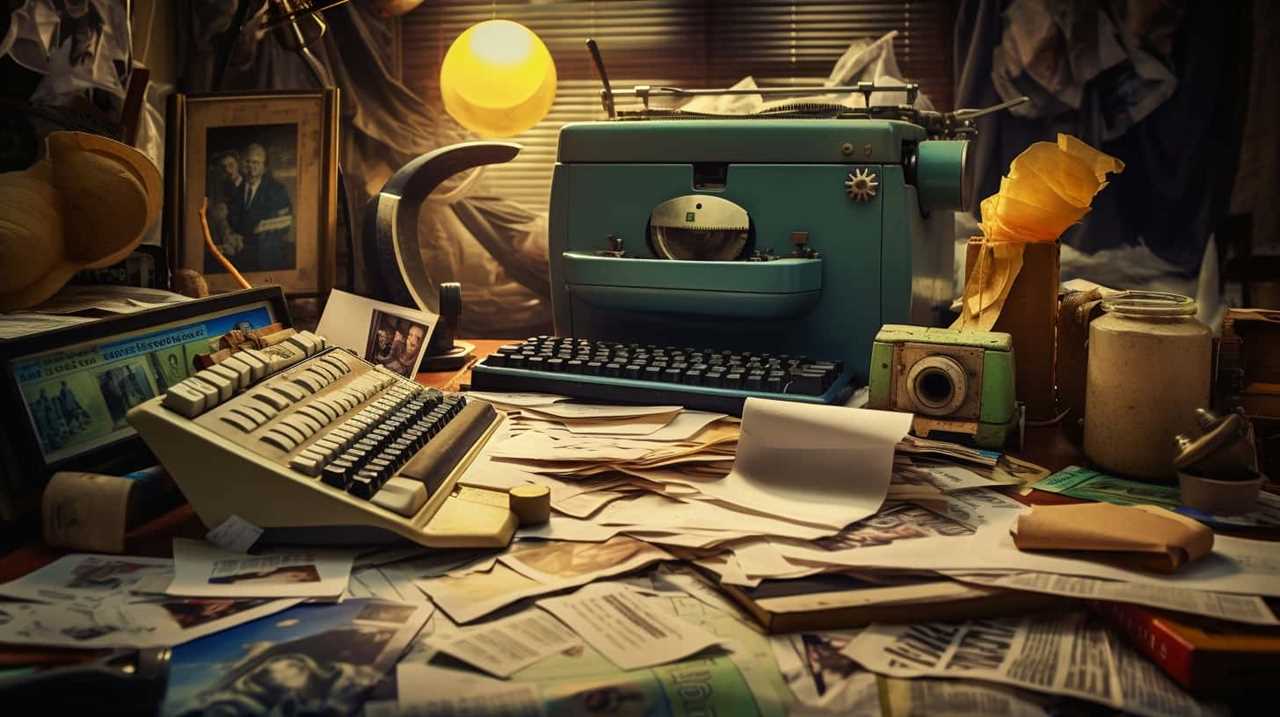Have you ever thought about why certain movie quotes have become so ingrained in our popular culture?
It’s fascinating to think about how these phrases, like ‘Hasta La Vista, Baby’ or ‘May the Force Be With You,’ have gained such widespread recognition and seem to effortlessly slip into everyday conversations.
But what is it about these lines that make them so captivating?
Well, you might not know this, but these movie quotes have a unique ability to capture our attention and resonate with us on a deeper level.
They possess a certain magic that allows us to connect with the characters and their stories, and they have become iconic symbols of the films they originate from.
So, let’s dive into the world of these memorable movie quotes and discover why they have become such an integral part of our cultural lexicon.
Key Takeaways
- Movie quotes have a unique ability to capture our attention and stick with us long after we hear them.
- The delivery of these quotes by iconic characters and the juxtaposition of violence and humor adds to their impact and resonance.
- Movie quotes have permeated popular culture, appearing in various forms of media and becoming part of our collective lexicon.
- These quotes have achieved a level of cultural significance that transcends their origin and have become universal symbols of strength, resilience, and empowerment.
Hasta La Vista, Baby
I love how ‘Hasta La Vista, Baby’ has become an iconic phrase in pop culture. This lasting catchphrase from the 1991 film ‘Terminator 2: Judgment Day’ has achieved a cultural significance that few other movie quotes can claim. Its popularity can be attributed to several factors.
Firstly, the phrase itself is incredibly catchy and memorable. The mix of English and Spanish adds a unique flair, while the use of the word ‘baby’ adds a touch of coolness and swagger. It’s a phrase that sticks with you long after you hear it.

Secondly, the context in which the line is delivered by Arnold Schwarzenegger’s character, the Terminator, adds to its impact. It’s a moment of triumph as the Terminator utters these words before defeating his enemy. This juxtaposition of violence and humor creates a lasting impression on the audience.
Lastly, the line has been endlessly referenced and parodied in various forms of media, further solidifying its place in pop culture. From TV shows to songs to advertisements, ‘Hasta La Vista, Baby’ has permeated our everyday lives.
May the Force Be With You
As a movie quote that has transcended its original context, ‘May the Force Be With You’ has had a profound cultural impact.
The phrase has become a universal symbol of hope, resilience, and the power of good over evil.
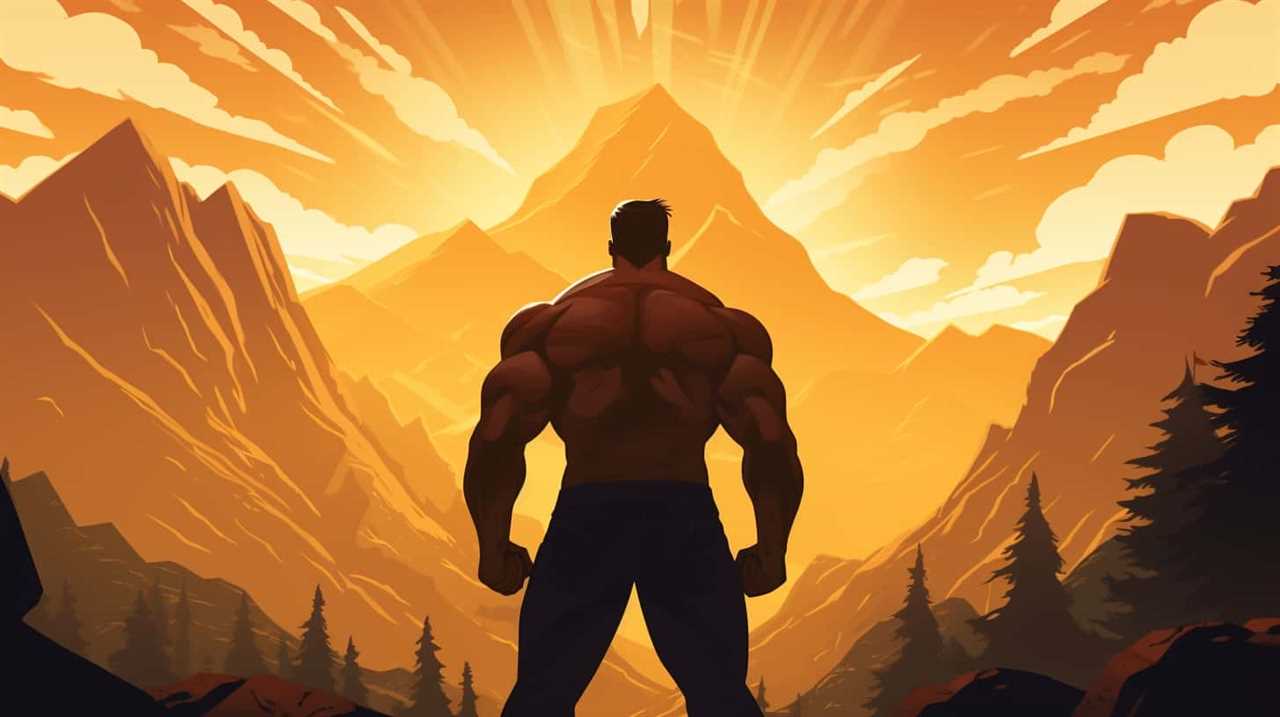
Its enduring popularity can be attributed to its ability to resonate with people across generations and cultures, reminding us of the timeless struggle between light and darkness in our own lives.
Cultural Impact of "Force
One key factor in the cultural impact of ‘Force (May the Force Be With You)’ is the widespread adoption of the quote as a mantra by fans around the world. The phrase has become synonymous with the Star Wars franchise and has permeated popular culture in various forms.
It has been used in everyday conversations, on social media, in advertisements, and even in political speeches. The quote’s cultural influence is evident in the countless references and parodies it has inspired.
Fans have also developed numerous fan theories surrounding the concept of the Force, further cementing its place in popular culture. This widespread adoption and interpretation of the quote demonstrate its enduring power and the deep connection fans feel to the Star Wars universe.
Enduring Popularity of "Force
The enduring popularity of ‘Force (May the Force Be With You)’ is evident in the widespread recognition and usage of the quote across various aspects of popular culture. This iconic phrase from the Star Wars franchise has achieved a level of cultural significance that transcends its origin. It has become not just a memorable line from a movie, but a symbol of empowerment, guidance, and hope. The impact of ‘Force’ on language is undeniable, with its incorporation into everyday conversations and even formal speeches. Its ability to inspire and motivate has made it a go-to phrase in times of uncertainty or adversity.
‘Force’ has become a part of our collective lexicon, representing the power within us and the connection to something greater. Its enduring popularity is a testament to its timeless message and the lasting impact it has had on our culture.
- ‘Force’ has permeated various forms of media, from movies to television shows, books, and even video games.
- It has become a universal symbol of strength and resilience, resonating with people of all ages and backgrounds.
- The quote’s widespread usage in popular culture reflects its ability to connect with audiences on a deep, emotional level.
I’ll Be Back
I’ve always been fascinated by the enduring popularity of the phrase ‘I’ll be back’ in pop culture. It’s not just a catchy line, but it also holds a deeper meaning that resonates with audiences.
This iconic catchphrase has become a cultural touchstone, representing determination, resilience, and even a hint of menace. Its longevity can be attributed to its versatility, as it has been cleverly adapted and referenced in various contexts, making it a timeless symbol of strength and determination.
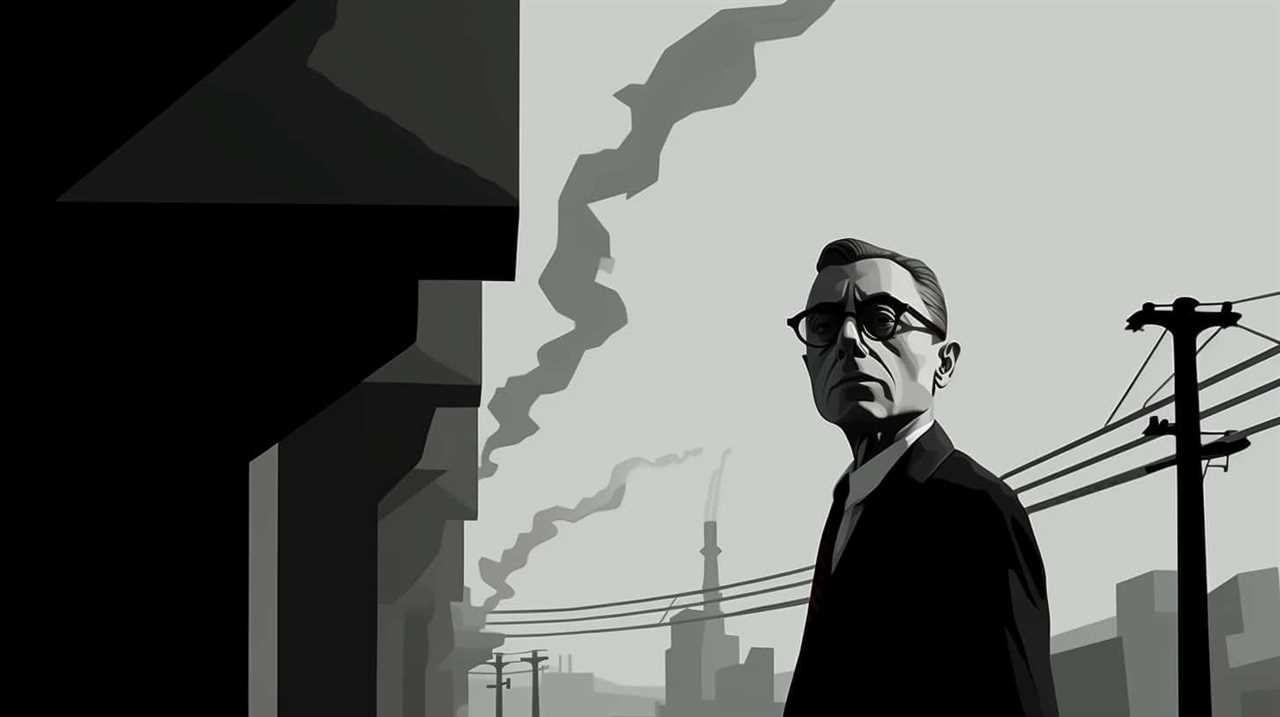
Iconic Catchphrase’s Lasting Impact
As a movie enthusiast, it amazes me how the catchphrase ‘I’ll be back’ has made such a lasting impact on pop culture. This iconic line, first uttered by Arnold Schwarzenegger in the 1984 film ‘The Terminator,’ has become synonymous with his tough-guy persona and has since been referenced and parodied countless times in movies, TV shows, and even in everyday conversations.
Its cultural significance lies in its ability to instantly evoke the image of a relentless, unstoppable force. When I hear those words, I can’t help but imagine a determined hero or villain returning to the scene, ready to take on any challenge.
This catchphrase’s lasting influence speaks to the power of memorable lines in shaping our collective imagination and becoming a part of our shared language.
Cultural Significance and Longevity
Since its first utterance in the 1984 film ‘The Terminator,’ the catchphrase ‘I’ll be back’ has gained cultural significance and longevity, making it a memorable and widely referenced line in pop culture.
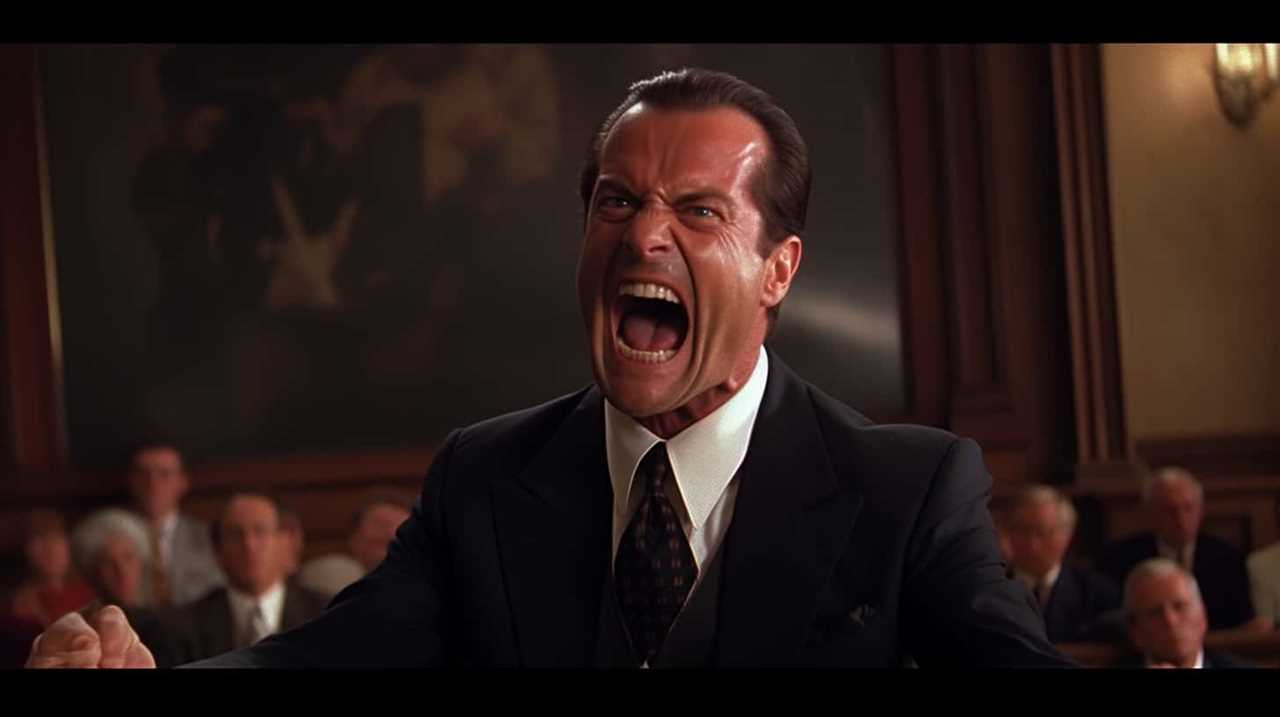
This simple phrase has had a profound impact on our society, influencing not only the way we speak but also the way we perceive certain situations. ‘I’ll be back’ has become a symbol of determination and resilience, representing the idea of never giving up and always finding a way to overcome obstacles.
It has permeated our language, becoming a common response to promises and commitments. The cultural impact of this catchphrase can’t be overstated, as it has become a part of our collective consciousness and continues to be used in various contexts, solidifying its place in popular culture.
You Can’t Handle the Truth
The iconic line ‘You Can’t Handle the Truth’ has become ingrained in popular culture, captivating audiences with its raw intensity and challenging portrayal of human nature. This powerful phrase, spoken by Jack Nicholson’s character in the film ‘A Few Good Men’, has had a profound impact on society and holds significant cultural significance.
The line itself evokes a sense of confrontation and vulnerability, as the truth is often uncomfortable and difficult to accept. It forces individuals to confront their own limitations and biases, challenging them to question their own beliefs and preconceived notions.
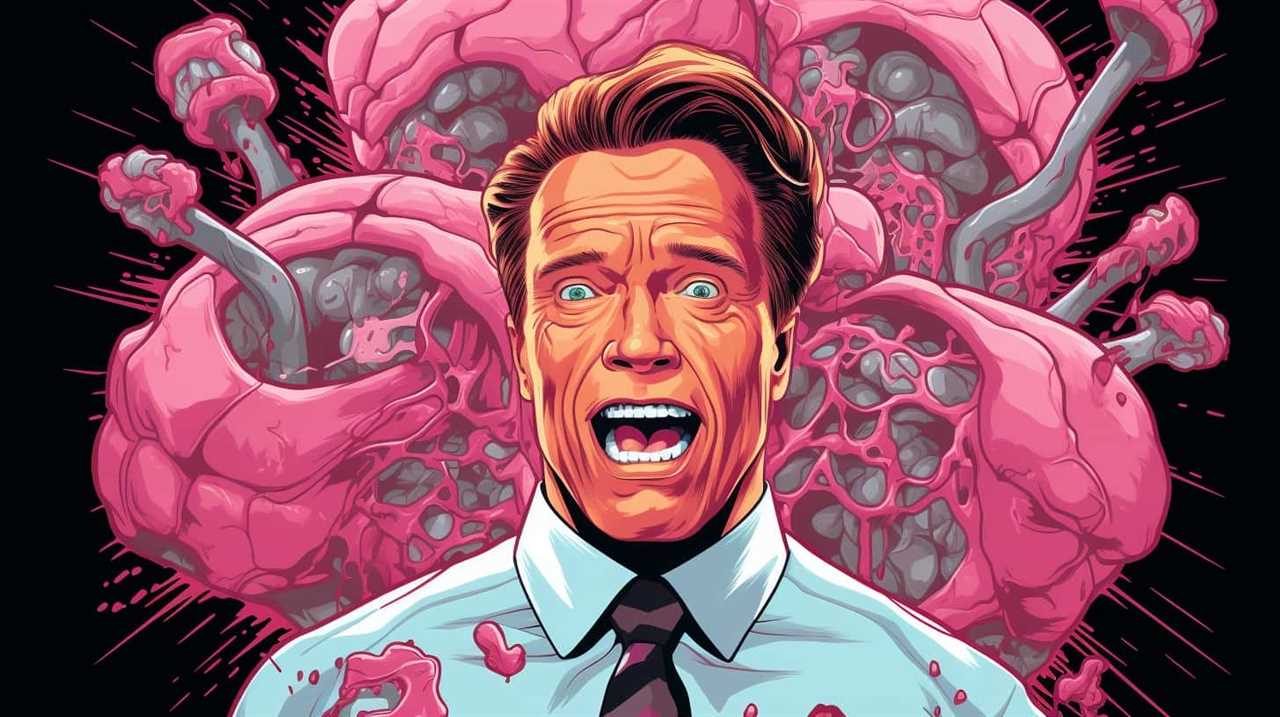
The delivery of the line by Nicholson, with his intense gaze and commanding presence, adds to its impact. His performance captures the essence of a flawed, yet charismatic character who’s unapologetically honest, even if it means causing discomfort or turmoil.
The line’s resonance extends beyond the film, finding its way into everyday conversations, parodies, and memes. It has become a shorthand for situations where the truth is hard to hear or face, reminding us of the complexities of human nature and the challenges of seeking and accepting the truth.
The cultural significance and impact on society of the line ‘You Can’t Handle the Truth’ can’t be underestimated. It continues to captivate audiences, challenging them to confront uncomfortable truths and encouraging a deeper understanding of the complexities of human nature.
Here’s Looking at You, Kid
Continuing with the exploration of iconic movie quotes, let’s delve into the timeless line ‘Here’s Looking at You, Kid’, which, like ‘You Can’t Handle the Truth’, has left an indelible mark on popular culture. This line, spoken by Humphrey Bogart’s character Rick Blaine in the 1942 film Casablanca, has had a lasting impact and cultural significance that resonates to this day.
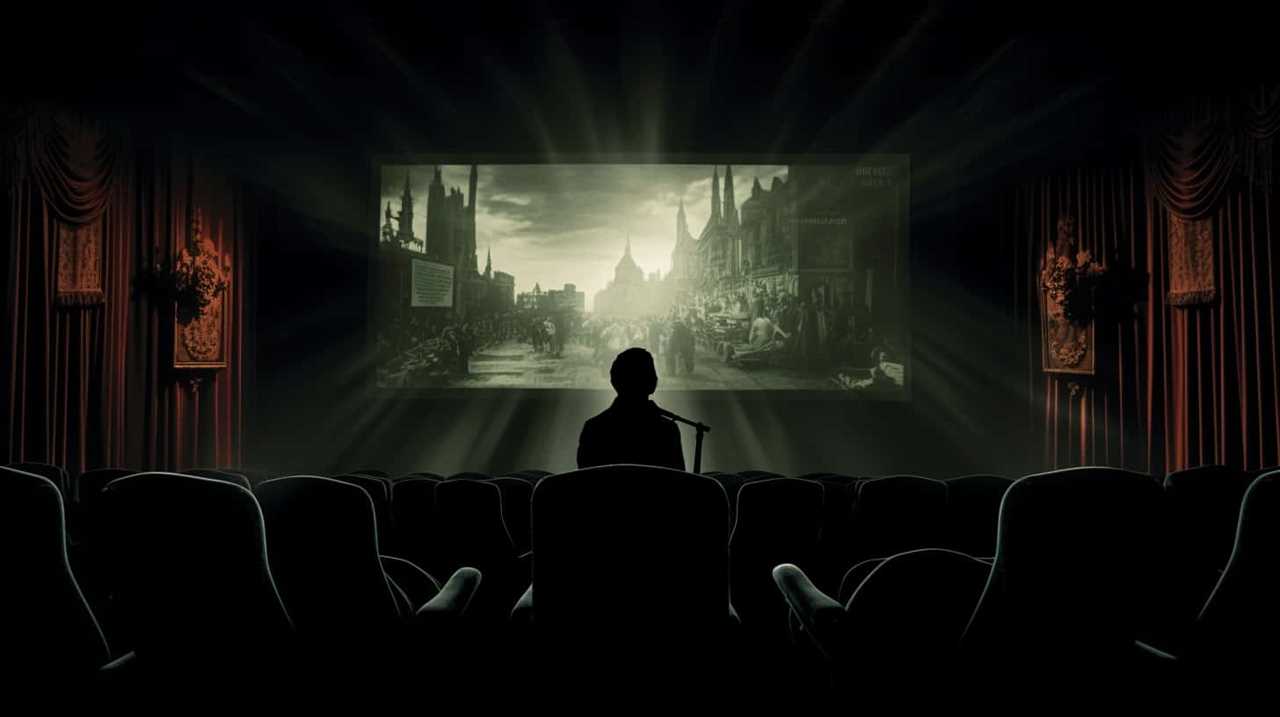
‘Here’s Looking at You, Kid’ conveys a sense of romantic longing and nostalgia, encapsulating the complex relationship between Rick and Ingrid Bergman’s character, Ilsa Lund. The line has become synonymous with a bittersweet farewell and has been referenced and parodied countless times in movies, TV shows, and even in everyday conversations.
To better understand the impact of ‘Here’s Looking at You, Kid’, let’s take a closer look at its cultural significance:
| Cultural Significance | Lasting Impact |
|---|---|
| – Symbolizes love and loss | – Continues to be quoted |
| – Represents the golden age | – Iconic in film history |
| of Hollywood | – Embedded in pop culture |
The enduring popularity of this quote reflects its ability to evoke emotions and capture the essence of a timeless love story. As we transition into the next section about ‘I’m King of the World’, we can appreciate how these iconic movie quotes continue to captivate audiences and shape popular culture.
I’m King of the World
Now, let’s explore the next iconic movie quote, ‘I’m King of the World’, which has become a symbol of triumph and exhilaration in popular culture. This memorable line, delivered by Leonardo DiCaprio’s character Jack Dawson in the film Titanic, has had a lasting impact and cultural significance.

- As I envision this scene, I see Jack standing at the bow of the ship, arms outstretched, wind blowing through his hair, and the vastness of the ocean stretching out before him. It’s a moment of pure joy and freedom, encapsulating the feeling of being on top of the world.
- The image of Jack in this moment has become an emblem of personal triumph and the pursuit of one’s dreams.
- The quote has been used in various contexts, from motivational speeches to social media captions, inspiring individuals to conquer their own challenges and embrace their victories.
The enduring popularity of ‘I’m King of the World’ speaks to its ability to resonate with audiences on a deep emotional level. It taps into our desire for self-empowerment and the thrill of achieving something great. This quote has become a cultural touchstone, reminding us of the power of optimism and the exhilaration that comes with conquering obstacles. Its influence highlights the universal human experience of seeking triumph and celebrating personal victories.
Houston, We Have a Problem
When it comes to iconic movie lines, few are as recognizable and enduring as ‘Houston, we’ve a problem.’ This quote, originating from the 1995 film ‘Apollo 13,’ hasn’t only become a staple in pop culture but also serves as a metaphor for unexpected challenges in various contexts.
Its cultural impact lies in its ability to encapsulate the idea of facing adversity head-on, making it a go-to phrase that resonates with people from all walks of life.
Through its simplicity and relatability, ‘Houston, we’ve a problem’ continues to captivate and inspire audiences, ensuring its place in the annals of movie history.

Iconic Movie Line
During my research, I discovered the enduring popularity of the iconic movie line ‘Houston, We Have a Problem.’ This line, spoken by Tom Hanks in the film Apollo 13, has had a significant cultural influence and has become one of the most memorable catchphrases in movie history.
When we hear these words, our minds are immediately transported to the tense atmosphere of the Apollo 13 mission, where the lives of the astronauts hung in the balance. We can almost feel the weight of the situation as the line is delivered with urgency and desperation.
The phrase has since become synonymous with moments of crisis and has been adapted and parodied in various forms of media, cementing its place in pop culture.
The enduring popularity of this iconic movie line is a testament to its impact and the power of memorable catchphrases in shaping our cultural landscape.
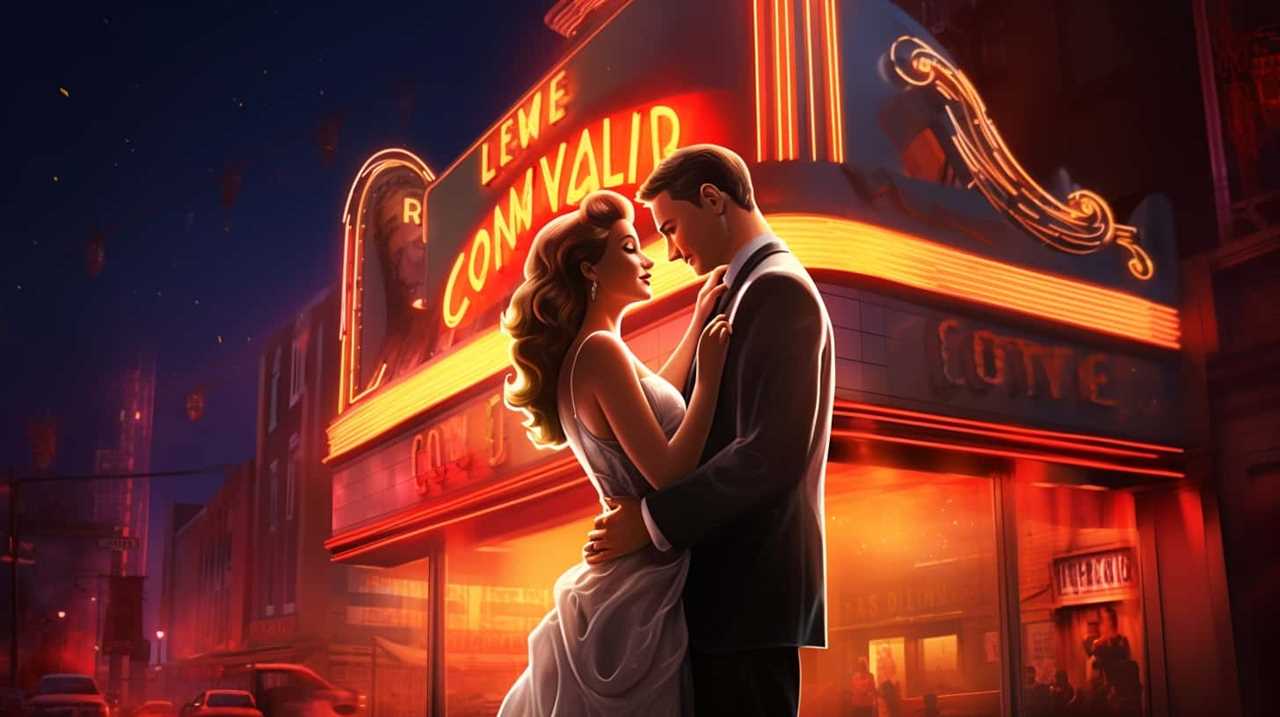
Enduring Cultural Impact?
As I delved into the enduring cultural impact of the iconic movie line ‘Houston, We Have a Problem’, its influence on popular culture became even more apparent.
This phrase, uttered by astronaut Jim Lovell in the 1995 film Apollo 13, has permeated our collective consciousness, transcending the boundaries of the movie itself. Its cultural influence is undeniable, as it has been referenced and parodied countless times in various forms of media, from TV shows to memes.
The lasting impact of ‘Houston, We Have a Problem’ lies in its ability to encapsulate a moment of crisis and uncertainty, while also becoming a symbol of resilience and problem-solving. It has become a shorthand for any situation that requires quick thinking and resourcefulness.
This enduring cultural impact is a testament to the power of memorable movie quotes to shape our language and collective memory.
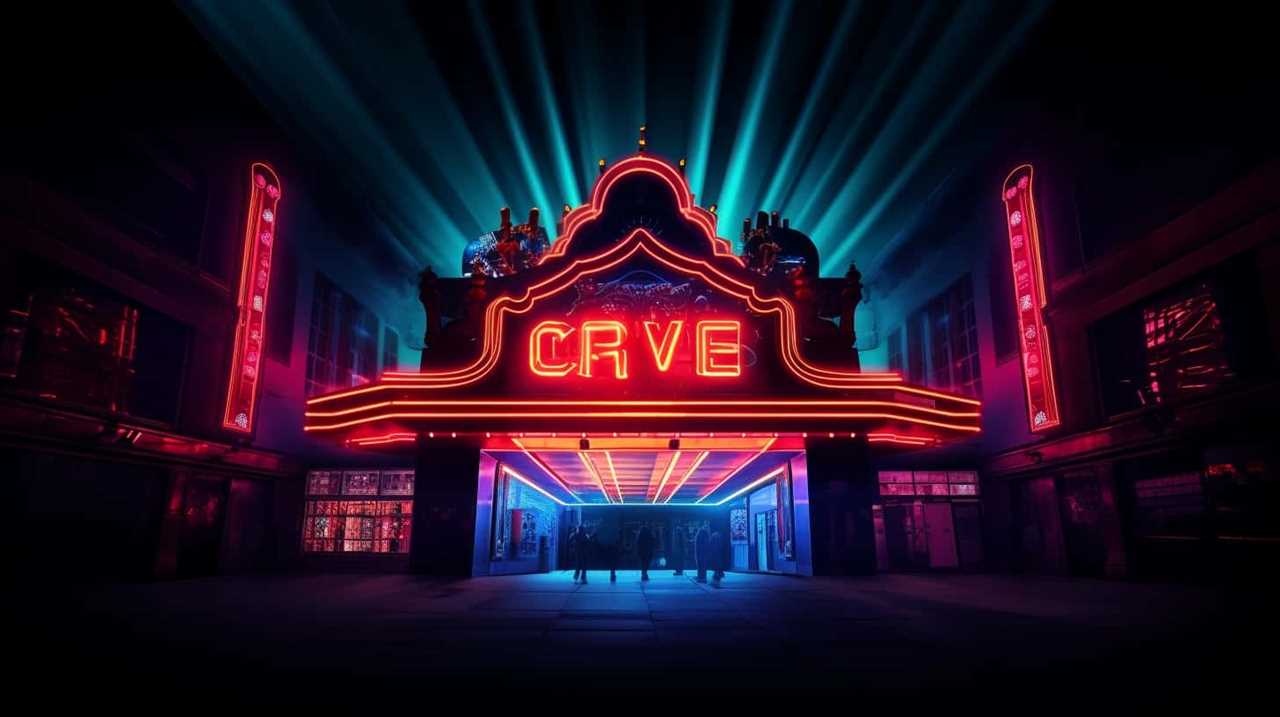
Show Me the Money
Talking about money is a key aspect of understanding why these movie quotes have captivated pop culture. It’s undeniable that the cultural significance and financial success of these films contribute to the enduring popularity of the quotes associated with them.
Here are two sub-lists that will help paint a vivid picture in your mind:
- Cultural Significance:
- These movie quotes have become part of our everyday conversations, permeating our language and embedding themselves in our collective consciousness.
- They’ve transcended their original context and have become symbols of certain emotions, experiences, or situations that resonate with people from all walks of life.
- Financial Success:
- The movies from which these quotes originate have achieved remarkable financial success, often becoming blockbusters and reaching a wide audience.
- The quotes themselves have become marketing tools, featured prominently in trailers, posters, and promotional campaigns, further contributing to the financial success of the films.
These quotes embody the essence of the movies they come from, capturing memorable moments, delivering powerful messages, or providing comedic relief. They’ve become cultural touchstones, shared and cherished by millions.
The enduring popularity of these movie quotes is a testament to their ability to connect with audiences on a deep and emotional level.

Say Hello to My Little Friend
I’ve always been fascinated by the impact that the iconic phrase ‘Say Hello to My Little Friend’ has had on pop culture. This line, famously uttered by Al Pacino’s character Tony Montana in the 1983 film ‘Scarface,’ has left a lasting impact and holds immense cultural significance.
The phrase has become synonymous with power, bravado, and the consequences of a life of crime. It has been quoted, referenced, and parodied in countless movies, TV shows, and even songs. Its enduring popularity can be attributed to its ability to encapsulate the character’s ruthless and unpredictable nature, as well as the film’s exploration of the American Dream and the dark underbelly of the pursuit of wealth and power.
Beyond its immediate cultural impact, ‘Say Hello to My Little Friend’ has become a symbol of rebellion and resistance against societal norms. It represents a defiance of authority and a willingness to do whatever it takes to achieve one’s goals. In this way, the phrase has transcended its original context and has become a rallying cry for those who feel marginalized or oppressed.
I Am Your Father
The revelation of ‘I Am Your Father’ in the 1980 film ‘Star Wars: Episode V – The Empire Strikes Back’ has become an iconic moment in cinematic history. This memorable catchphrase has had a significant cultural impact, resonating with audiences for decades. Here’s why this line continues to captivate and intrigue us:
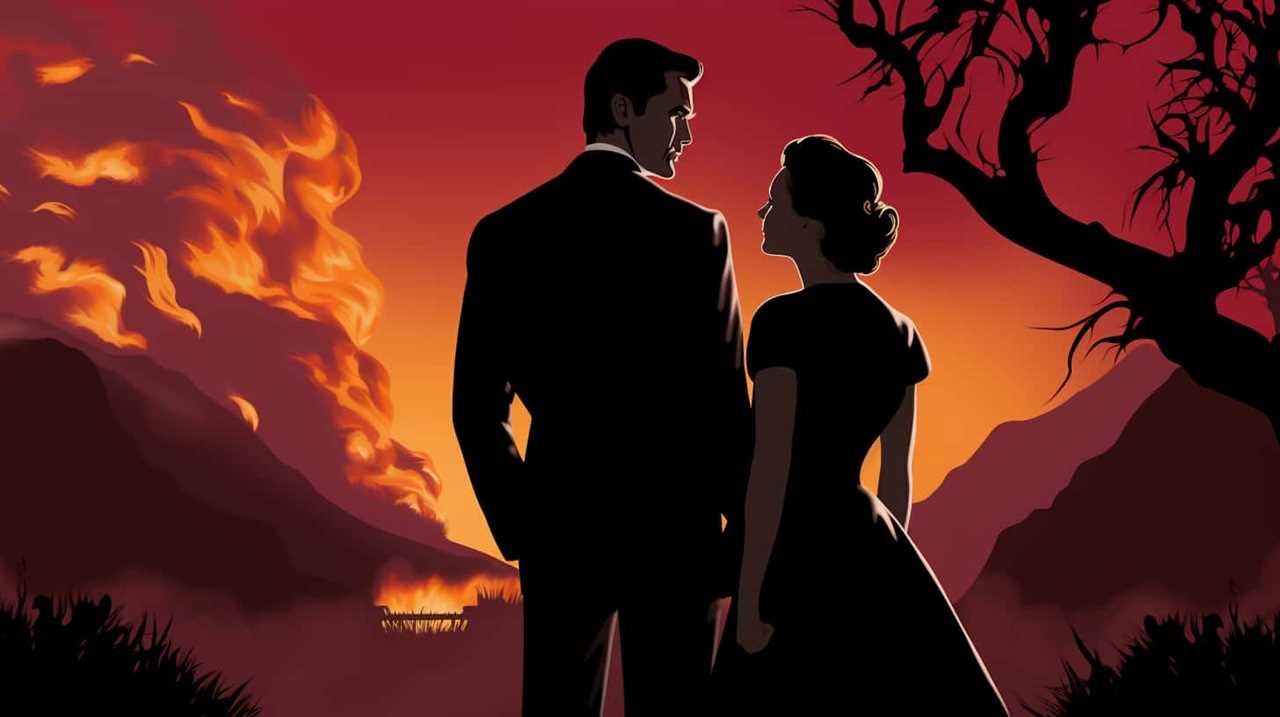
- Unveiling a shocking truth: The line ‘I Am Your Father’ is delivered by the villainous Darth Vader to the film’s protagonist, Luke Skywalker. It reveals a stunning twist in the narrative, as Luke learns that his greatest enemy is actually his father. This revelation creates a sense of disbelief and leaves the audience in awe.
- Emotional depth and conflict: The line adds a layer of complexity to the characters and their relationship. It explores themes of family, identity, and the struggle between good and evil. The emotional impact of this revelation has resonated with viewers, establishing a deep connection to the story and its characters.
The cultural impact of ‘I Am Your Father’ can’t be overstated. It has become more than just a line from a movie; it has become a part of our collective consciousness. This catchphrase has been parodied, referenced, and imitated in countless films, TV shows, and pop culture references. Its enduring popularity speaks to the power of storytelling and the ability of a single line to leave a lasting impression.
You Talking to Me
Occasionally, I find myself reciting the famous movie quote ‘You talking to me?’ in various situations. This line, delivered by Robert De Niro in the 1976 film Taxi Driver, has become an iconic phrase that has permeated popular culture. It’s a prime example of the cultural influence and lasting impact that famous movie monologues can have.
The power of ‘You talking to me?’ lies in its versatility and relatability. The line can be used as a humorous response to someone who may be addressing us, but it can also be employed in a more introspective manner, as a way to question our own actions and motivations. This duality is what makes it so memorable and adaptable.
Furthermore, the quote’s popularity can be attributed to De Niro’s masterful delivery and the way it captures the essence of his character, Travis Bickle. Bickle’s isolation and inner turmoil resonate with audiences, and the line serves as a window into his psyche.

‘You talking to me?’ has become a shorthand for expressing defiance, vulnerability, or even self-reflection. Its enduring popularity is a testament to the enduring power of cinema, and the impact that certain lines can have on our collective consciousness.
I’ll Have What She’s Having
When it comes to memorable movie quotes, the impact of ‘I’ll Have What She’s Having’ can’t be denied. This iconic line, delivered by the character played by Estelle Reiner in the film ‘When Harry Met Sally,’ has become a staple in pop culture. It has transcended the movie itself and has found its way into everyday conversations and references.
Exploring food references in movies can reveal the power of memorable one-liners and their ability to captivate audiences.
- Picture a crowded deli with people sitting at tables, waiting for their orders.
- A woman at a nearby table takes a bite of her sandwich and enjoys it immensely.
- The person sitting next to her, intrigued by her reaction, says those unforgettable words, ‘I’ll have what she’s having.’
Now imagine that same scene, but instead of a crowded deli, it’s a fancy restaurant.

- The woman is seated at a table, savoring a mouthwatering dish.
- The waiter, observing her obvious delight, hears someone at another table say, ‘I’ll have what she’s having.’
This simple yet impactful line has become a symbol of desire and admiration for something that appears so tantalizingly good. It has become a way for people to express their longing for experiences that seem out of reach. As we delve further into the exploration of food references in movies, we’ll uncover the profound influence that these memorable one-liners have on our collective consciousness.
And just as life is like a box of chocolates, where each piece holds a surprise, the impact of movie quotes like ‘I’ll Have What She’s Having’ adds a sprinkle of excitement and intrigue to our own lives.
Life Is Like a Box of Chocolates
As someone who appreciates the power of movie quotes, the phrase ‘Life Is Like a Box of Chocolates’ holds a special place in my heart. It’s a line from the 1994 film Forrest Gump, spoken by the titular character played by Tom Hanks. This quote has become deeply ingrained in popular culture, with its symbolism and metaphorical meaning resonating with audiences worldwide.
The phrase ‘Life Is Like a Box of Chocolates’ encapsulates the unpredictability and uncertainty of life. Just like a box of chocolates, where you never know what you’re going to get, life presents us with a series of surprises, both sweet and bitter. It speaks to the idea that we can’t control or predict the outcomes of our choices and actions, highlighting the importance of embracing the unknown and finding joy in the unexpected.
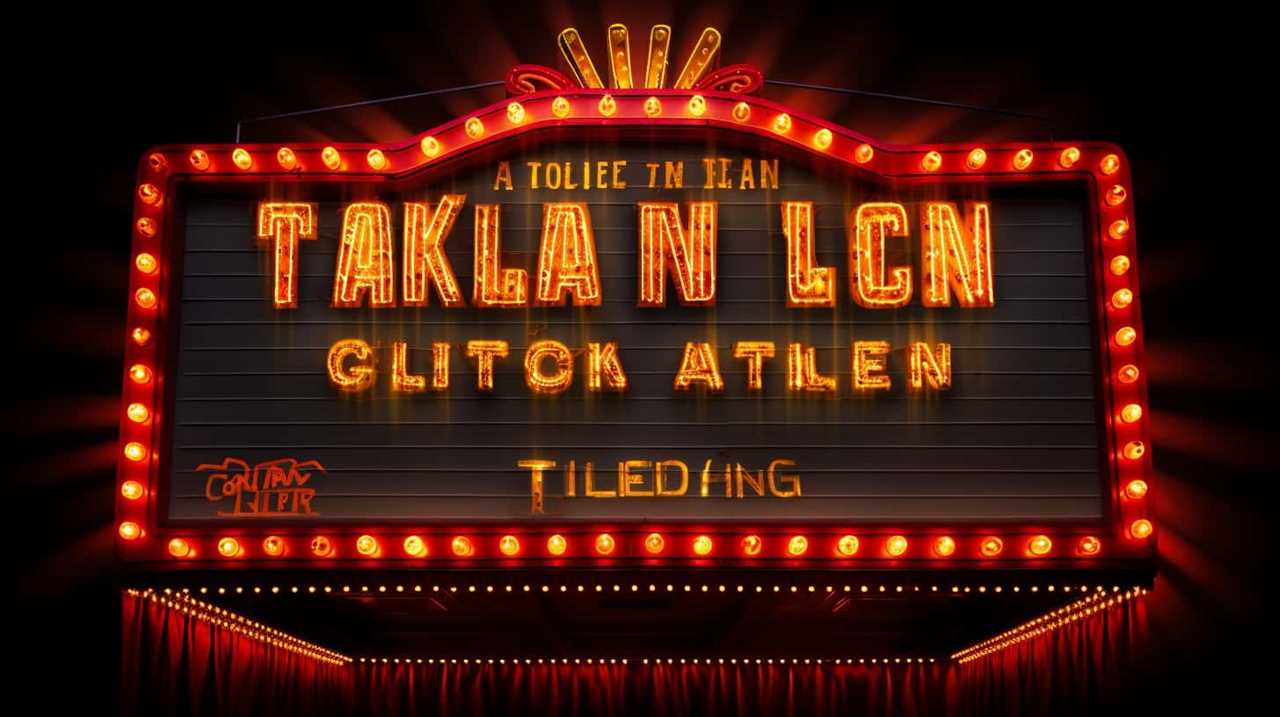
This quote has permeated various aspects of popular culture, from memes and social media posts to motivational speeches and advertisements. It has become a shorthand for expressing the complexities and uncertainties of life. Furthermore, ‘Life Is Like a Box of Chocolates’ has been interpreted and reimagined in different contexts and artistic mediums, showcasing its versatility and enduring impact.
Frequently Asked Questions
What Movies Do the Quotes "Hasta La Vista, Baby", "May the Force Be With You", "I’ll Be Back", "You Can’t Handle the Truth", "Here’s Looking at You, Kid", "I’m King of the World", "Houston, We Have a Problem", "Show Me the Money", "Say Hello to My Little Friend", "I Am Your Father", "You Talking to Me", "I’ll Have What She’s Having", and "Life Is Like a Box of Chocolates" Come From?
These movie quotes such as ‘hasta la vista, baby’, ‘may the force be with you’, and ‘i’ll be back’ have become iconic and recognizable phrases in everyday language. They have had a significant impact on pop culture and society, becoming part of our collective consciousness.
Who Were the Actors or Characters Associated With These Famous Quotes?
These famous movie quotes have had a profound impact on the actors’ careers, propelling them to iconic status. They have been incorporated into merchandise and marketing, solidifying their place in pop culture history.
Are There Any Variations or Different Versions of These Quotes That Are Commonly Used?
There are often variations or different versions of commonly used movie quotes that have made a significant impact on popular culture. These variations add to the creativity and versatility of the quotes, making them even more captivating.
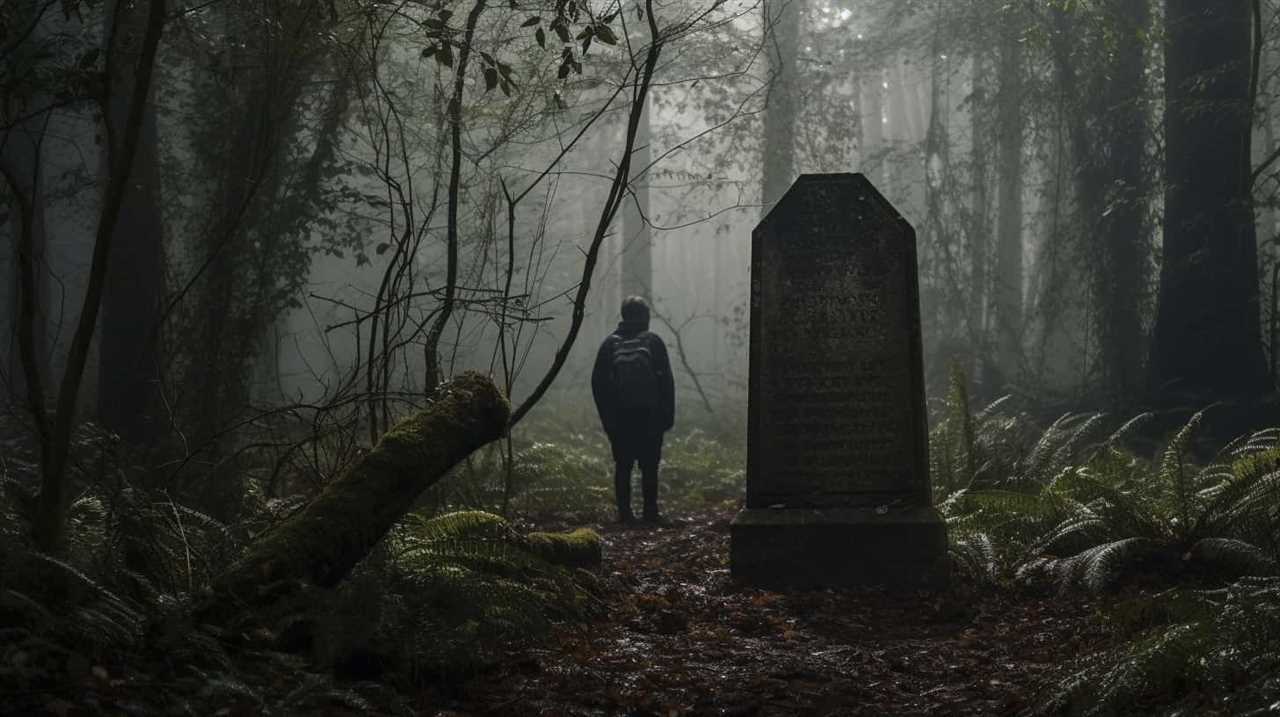
How Have These Movie Quotes Influenced Popular Culture or Everyday Language?
Movie quotes have had a profound influence on popular culture and everyday language. They shape our slang and have become catchphrases in advertising campaigns. Their impact is undeniable, as they bring innovation and engage audiences in a unique way.
Have Any of These Quotes Been Parodied or Referenced in Other Movies or Media?
Parodies of famous movie quotes have had a significant impact on pop culture. These clever references not only entertain audiences but also create a shared language among fans. Examples include "I’ll be back" from Terminator and "May the Force be with you" from Star Wars.
What Makes These Movie Quotes so Memorable and Influential in Pop Culture?
Cult film quotes resonate so deeply because they capture universal truths and emotions. Whether it’s a memorable one-liner or a poignant speech, these quotes have become ingrained in pop culture due to their impact and relatability. Their influence lingers long after the credits roll, shaping how we remember and discuss these iconic movies.
Conclusion
In conclusion, these movie quotes have captivated pop culture because they possess a unique ability to resonate with audiences on a deep and emotional level.
Through the use of compelling storytelling, iconic characters, and memorable lines, these quotes have become ingrained in our collective consciousness.
They elicit a sense of nostalgia and invoke powerful emotions, allowing us to connect with the characters and the stories they represent.
These timeless quotes have transcended the realm of cinema and become a part of our cultural lexicon, forever etched in our minds.

